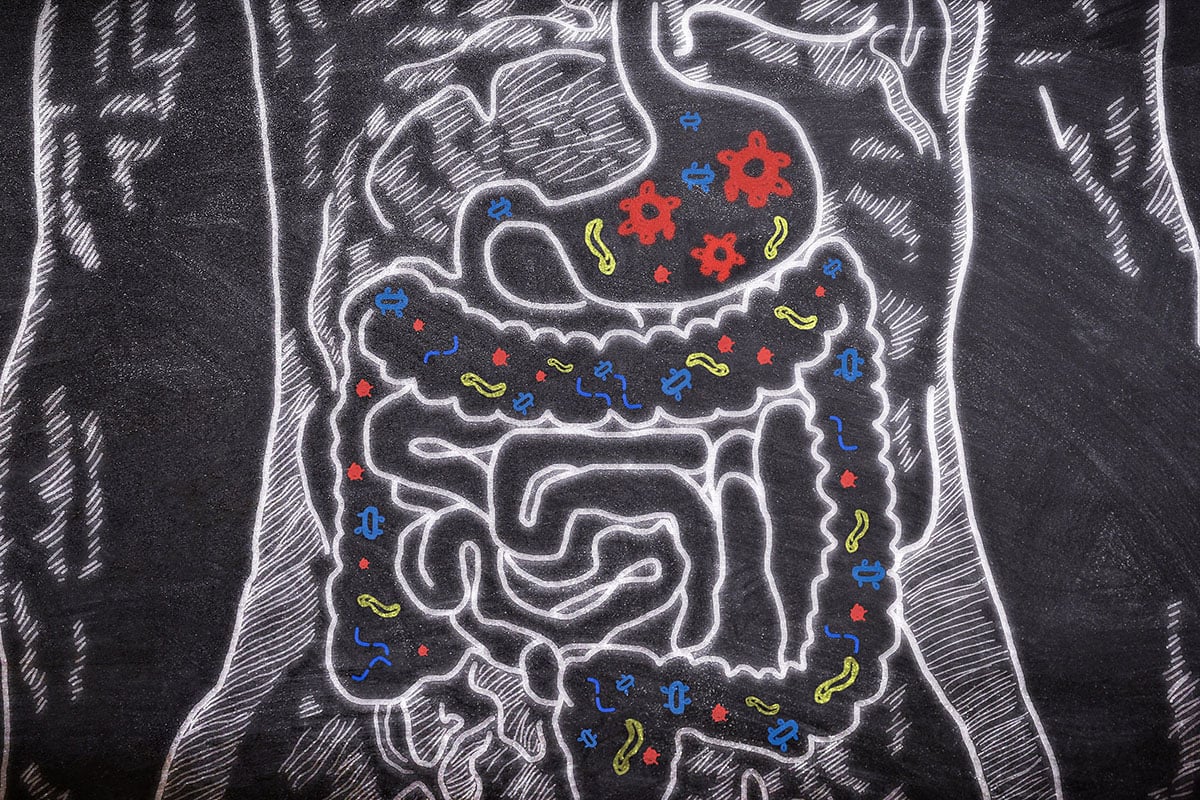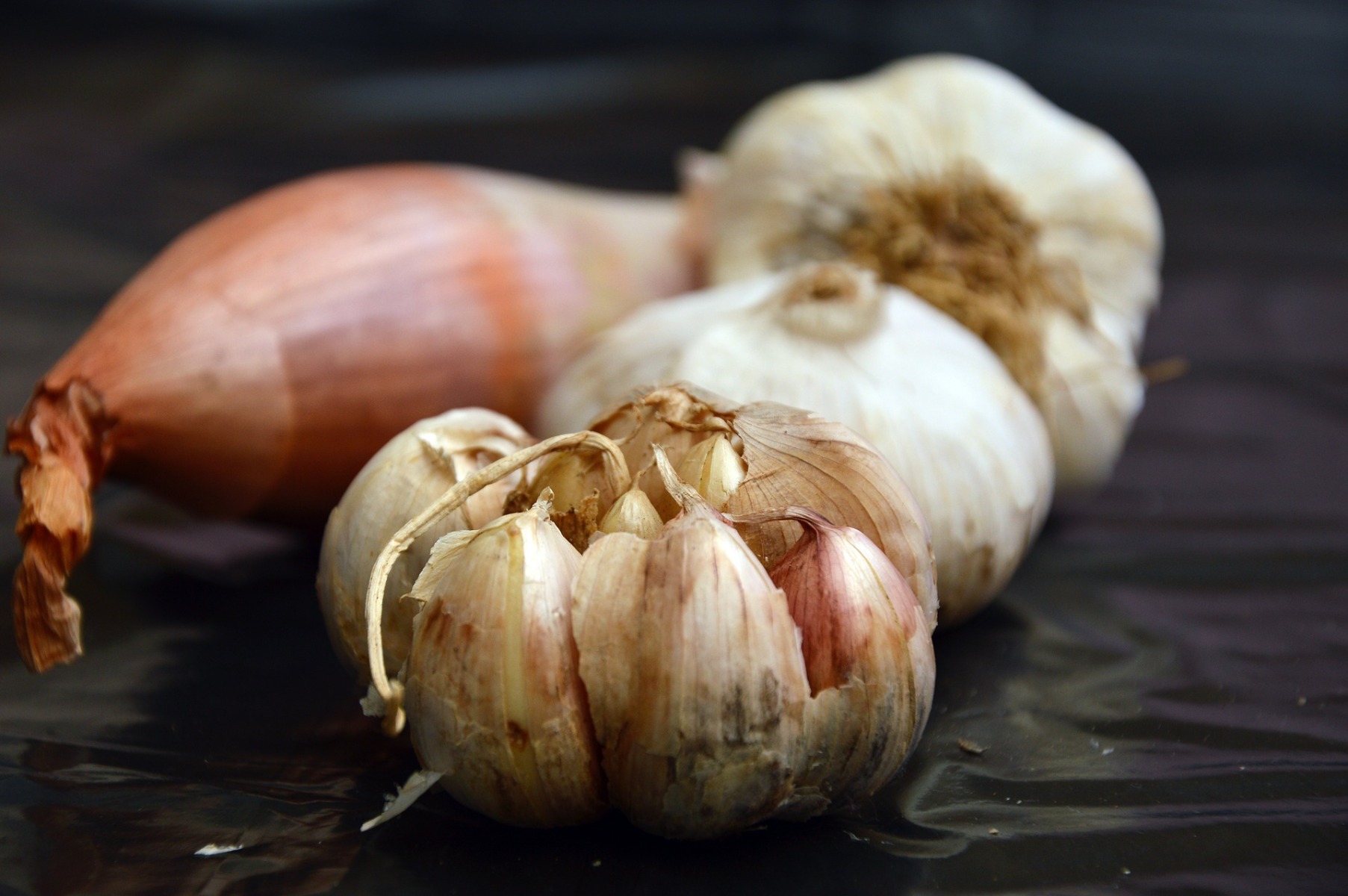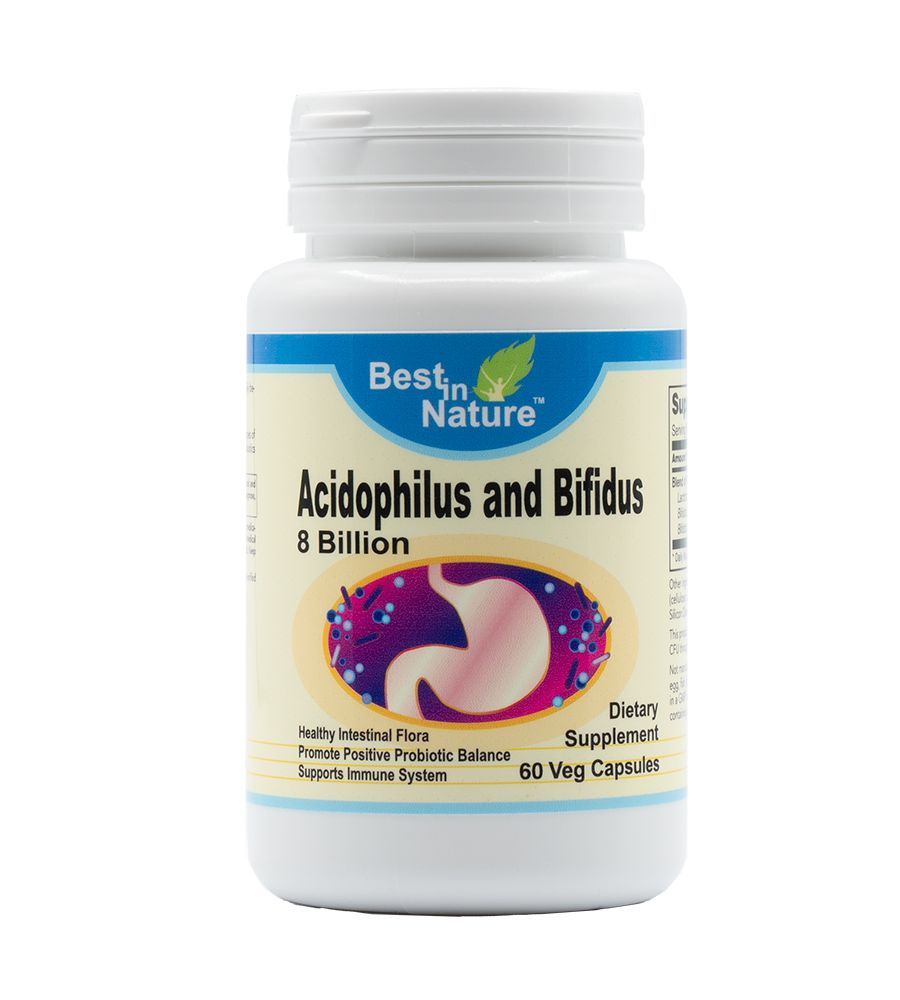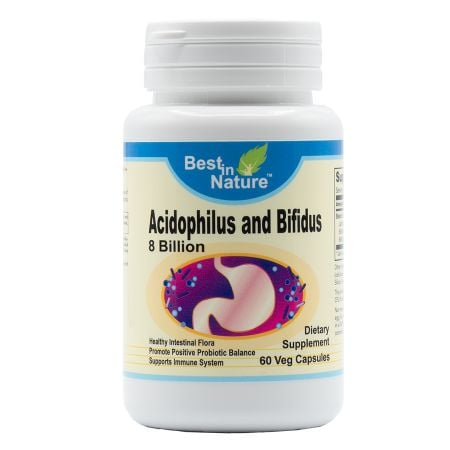
Should You Take Probiotics With Antibiotics?
Being healthy means keeping a very close eye on your diet. What does this mean? It can include counting calories, avoiding certain foods, or refusing to mix other foods.
If you take probiotics, you’re already aware of the benefits it has on your gut health. Our gut health is actually one of the most complex details about us! Your stomach is full of unique bacteria that can influence everything from your digestion to your mood. The downside is that you have to be extra careful of anything else you add.
Should you take probiotics with antibiotics? We’ll break down the how and why so you can stay as healthy as possible in these uncertain times.
What are Antibiotics?
When’s the last time you went to the clinic and got prescribed medication? Most of us have interacted with antibiotics at some point in our lives, thanks to their incredible ability to target various illnesses.
An antibiotic is a highly concentrated medication designed to target bacterial infections. It contains what are known as ‘antimicrobial substances’ that either kill bacteria or slow down their growth. Some of today’s most common uses of antibiotics are for issues including (but not limited to):
- Sore throat
- Gonorrhea
- Flu
- Skin infections
- Sinus infections

Related: 20 Foods That Increase Blood Flow and Circulation Naturally
What are Probiotics?
It’s understandable to get both of these confused. Similar to antibiotics, probiotics also deal with the growth of bacteria.
Probiotics are a little different, however, because they encourage the development of good bacteria. Also known as ‘healthy live bacteria’, these balance out the bacteria in your gut to promote positive side-effects such as:
- Improved mood
- Better digestion
- Preventing diarrhea or constipation
- Preventing urinary tract infections (or UTIs)
- Reducing irritable bowel syndrome (or IBS)
Related: Healthy Ways to Boost your Immune System
Should You Take Probiotics With Antibiotics?
This answer depends on your timing. Since probiotics introduce healthy bacteria to the stomach -- and antibiotics are designed to inhibit bacteria -- they don’t generally get along when taken together.
Taking probiotics with antibiotics can also expose you to diarrhea due to this conflict. Does that mean you’re out of luck? Far from it. It’s possible to take probiotics and antibiotics a few hours apart so you get fewer side effects.
In fact, if you time your dosage right, you can even improve the state of your gut health. Taking probiotics several hours after antibiotics will introduce healthy bacteria that may have been killed during the antibiotic phase.
Benefits to Gut Health
Probiotics will replace any healthy bacteria lost after your antibiotic dosage. This will keep your digestive system working smoothly as butter and your mood stable.
Usage and When to Take
When should you take probiotics after antibiotics? It’s a good idea to ask your doctor or nurse, as certain antibiotics can be stronger or weaker depending on the treatment.
No two diets are the same. Best In Nature was created to address the unique health needs of everyday people with quality supplements designed for prostate support, brain health, and more.
Foods to Eat to Boost Effects
Think you can only get probiotics from pills and supplements? Think again! A diverse array of tasty fermented foods act as natural probiotics.
Natural probiotics to consider trying:
- Kimchi
- Sauerkraut
- Yogurt
- Cheese
- Kombucha
- Miso
- Pickles
- Natto
High-Fiber Foods
Want to improve your gut flora and your stool? Not only is high-fiber great for beating bad cholesterol, but it’s also great for balancing out your gut. Consider eating more of:
- Whole wheat bread
- Greens such as spinach, brussels sprouts, and kale
- Oatmeal
- Bananas
- Beans
Prebiotic Foods
Wait, what’s prebiotic?”, you might be asking. A prebiotic is essentially what the healthy bacteria in your body feed on. Remember, they’re just as alive as you are!
Although many high-fiber foods are prebiotic, you can also consider eating more:
- Dark chocolate
- Garlic
- Onions
[Related: Dietary Dangers: Foods To Avoid With High Cholesterol]

Bottom Line
It’s not recommended to take probiotics and antibiotics together, since they serve different functions and will often cancel each other out. Taking probiotics a few hours after antibiotics, however, might help you recover from some of the side effects of antibiotics like digestive upset.
Probiotics supplement your digestive system with the healthy bacteria needed to keep your digestive system (and mood!) running smoothly. Antibiotics serve to inhibit or kill harmful bacteria, which sometimes has the side-effect of eliminating good bacteria, too.
Consider eating more fermented food, high-fiber food, and prebiotic food to keep your gut flora happy!
This article is provided for informational purposes only and is not intended to be used as medical advice. If you have immediate concerns about your health, please seek the help of your physician.
© 2021 Best in Nature All rights reserved









Validate your login
Sign In
Create New Account